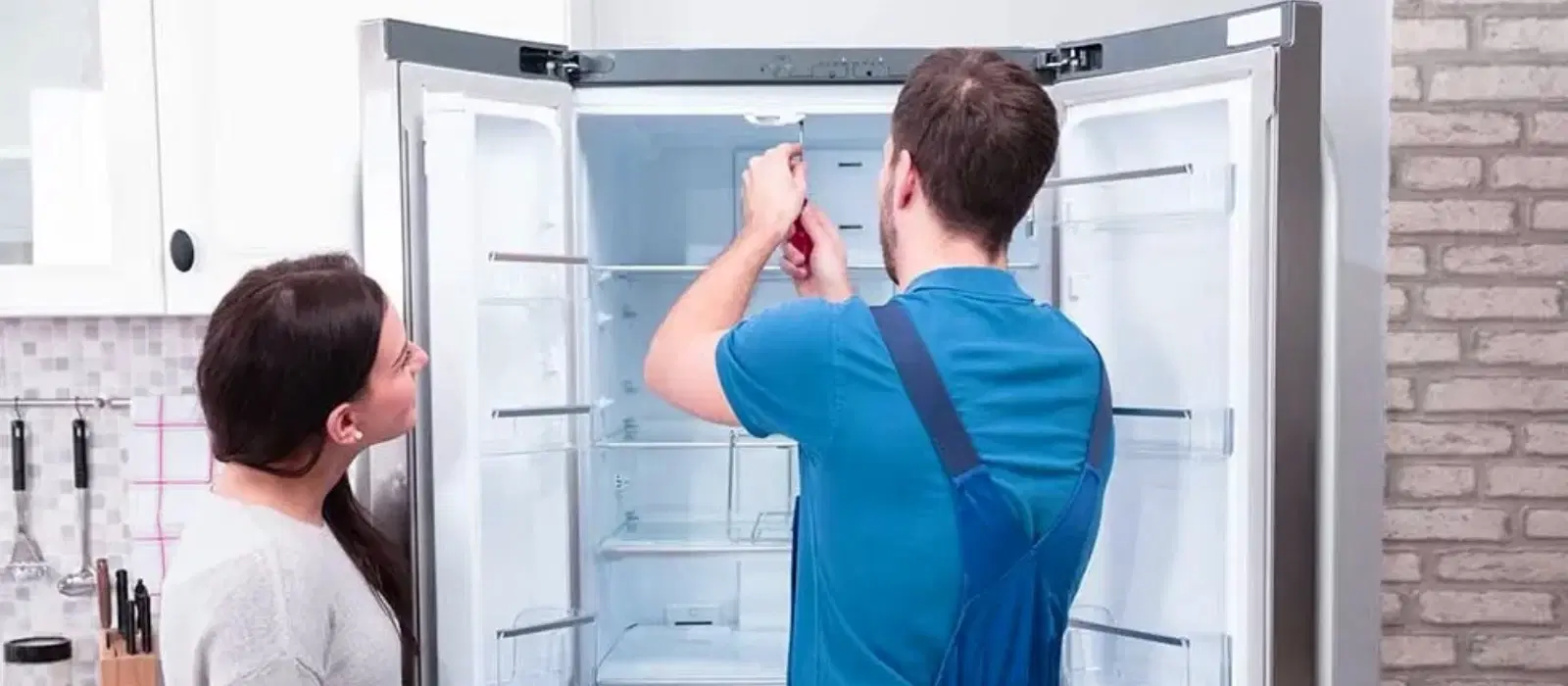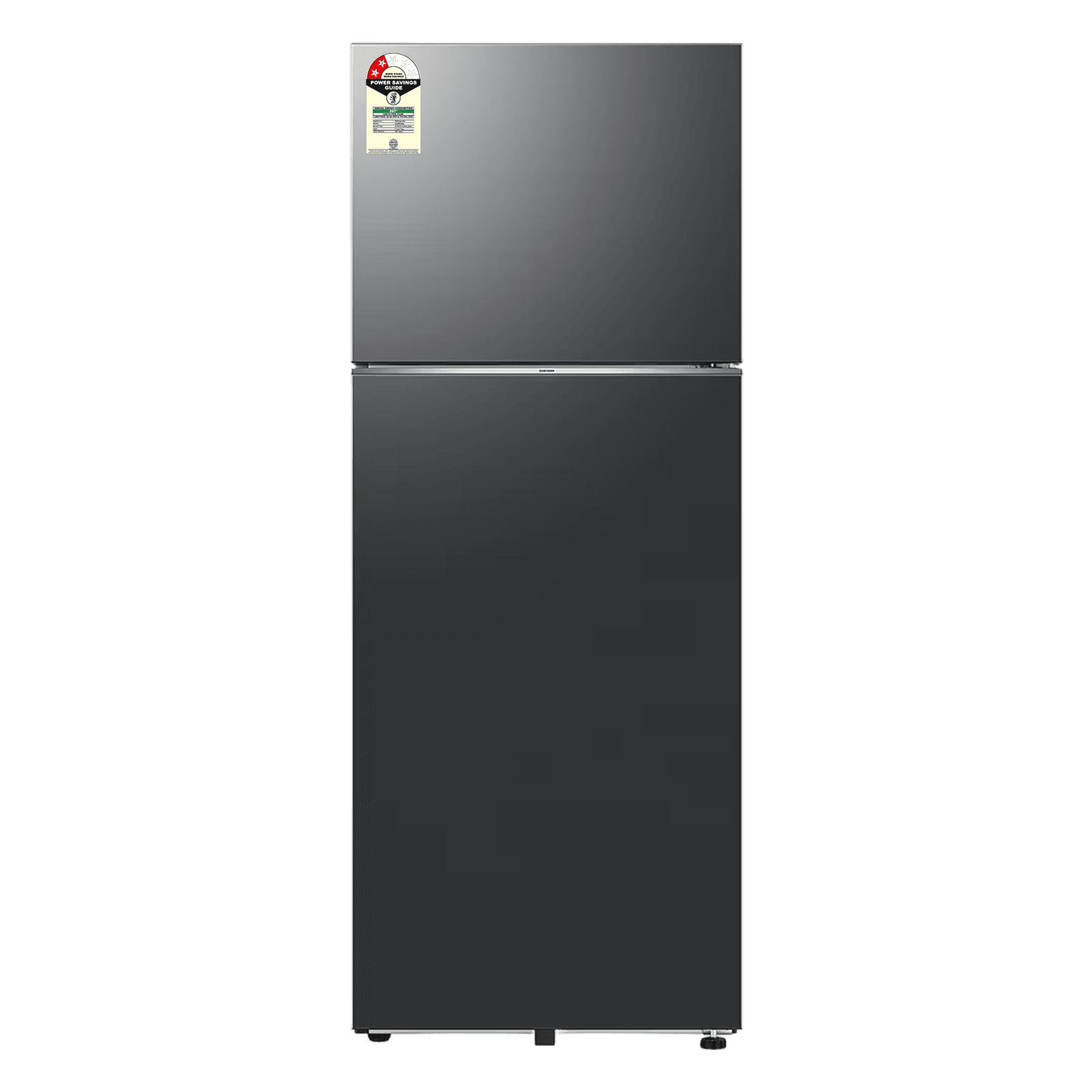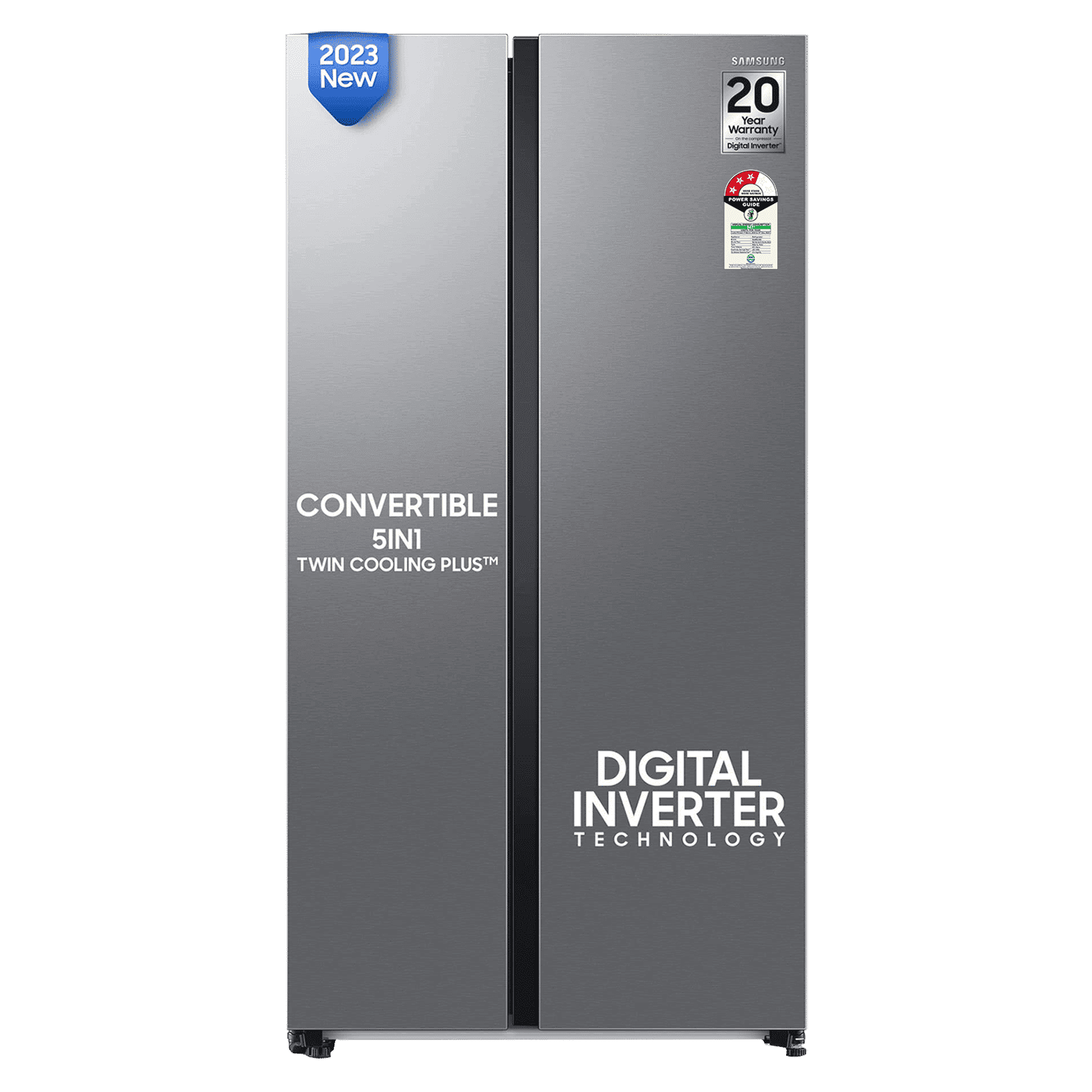
Home Appliances
•04 min read

Buy SAMSUNG Horizontal Curve 189 Litres 5 Star Direct Cool Single Door Refrigerator with Anti Bacterial Gasket (RR21C2H25DX/HL, Luxe Brown) online at best prices from Croma. Check product details, reviews & more. Shop now!
Is your fridge failing to keep your food cold? A fridge cooling problem can quickly become a household headache if not addressed promptly. In this guide, you'll learn detailed, step-by-step instructions to diagnose and fix common fridge cooling issues. By understanding the reasons behind these problems, you can implement effective refrigerator repair tips that help prevent food spoilage and save you from costly repairs.
Fridge cooling problems may occur due to several factors. One frequent culprit is dirty condenser coils, which become clogged over time with dust and grease. Faulty compressors can also lead to a fridge cooling system failure, while blocked air vents disrupt proper airflow. These common fridge cooling issues not only prevent the appliance from performing optimally but may also signal underlying problems such as a fridge compressor problem that might need immediate attention.
Observing signs of malfunction early can save you from a bigger hassle later on. Typically, you might notice inconsistent temperatures with fridge temperature issues such as warm compartments or unusual frost buildup in the freezer. If you experience these symptoms, it is crucial to investigate further as a refrigerator not cooling properly could be indicative of a deeper mechanical fault.
Before opening up the appliance, start by confirming the basics. Check that the fridge is firmly plugged into a power source and that the thermostat is set correctly. Additionally, ensure there is adequate ventilation around the fridge, which is key to its efficient operation. By performing these refrigerator cooling troubleshooting steps, you might immediately identify simple fixes that do not require professional intervention.
Regular maintenance is a must when it comes to optimising your fridge cooling efficiency tips. Begin by cleaning the condenser coils, removing built-up dust and debris that may reduce performance. It is also wise to clear blocked air vents to allow proper circulation of cold air. Don’t forget to inspect door gaskets and seals to ensure they remain flexible and intact. This ongoing care acts as a refrigerator maintenance guide that not only fixes current problems but also prevents recurrence.

Buy SAMSUNG Bespoke 467 Litres 2 Star Frost Free Double Door Smart Wifi Enabled Convertible Refrigerator with AI Energy Mode (RT80F51C2FHL, Black Doi) Online - Croma
If the initial checks and routine cleaning do not resolve your problem, you may need to delve deeper. Start by examining mechanical components like the compressor, condenser fan, and evaporator fan. A malfunctioning compressor or a fridge compressor problem requires special attention; in these cases, it might be sensible to consider professional help along with following reliable refrigerator repair tips. Always weigh the option of repairing versus replacing components based on the extent of damage.
Expert Tip: Did you know that cleaning dirty condenser coils at least every six months can significantly improve your refrigerator's cooling efficiency and extend its lifespan?
In some cases, the problem may not lie with the cooling components but rather with the electronics controlling them. If you suspect an electrical issue such as a faulty wiring connection or a damaged circuit board, carefully inspect the fridge’s internal panel. Although advanced troubleshooting might reveal problems linked to the circuitry, it is advisable to seek help from a technician if you are uncertain about handling electrical components safely.
The role of refrigerant in the cooling process cannot be understated. A refrigerant leak disrupts the cooling cycle and can cause the fridge to underperform significantly. If you detect signs of refrigerant leaks, such as unusual noises or diminished cooling power, professional servicing is the best course of action. Addressing refrigerant issues promptly is essential to avoid further damage and maintain efficient cooling.
In addition to troubleshooting, engaging in regular maintenance routines can prevent most cooling issues. Keep your fridge well-maintained by ensuring it is clean inside and out. Maintain proper airflow by not overcrowding the compartments and routinely check door seals to keep the cold in. These actions contribute to a robust refrigerator maintenance guide and help in achieving optimum fridge cooling efficiency tips over the long run.
Despite all efforts, there may come a time when your fridge is beyond repair. If persistent refrigerator not cooling problems continue despite multiple interventions or the compressor and other components show severe degradation, it might be time to consider a replacement. When opting for a new appliance, choose an energy-efficient model to save on utility bills while enjoying improved performance.

Buy SAMSUNG 653 Litres 3 Star Auto Defrost Side by Side Convertible Refrigerator with Twin Cooling Plus (RS76CG8113SLHL, EZ Clean Steel) Online - Croma
This issue often stems from a blocked air damper or a malfunctioning evaporator fan that prevents cold air from evenly circulating.
Unplug your fridge for approximately 5 to 10 minutes, then plug it back in. If the problem persists, check the thermostat and inspect the cooling system components.
Compressor failure may occur owing to age, overheating, or electrical problems. Consistent maintenance and avoiding overloading the fridge can help mitigate this risk.
If basic troubleshooting steps do not resolve the issue, or if you detect refrigerant leaks or electrical malfunctions, it is time to call a technician.
By understanding the root causes and symptoms of common fridge cooling issues, you can take proactive measures to troubleshoot and maintain your appliance effectively. Whether it’s through simple cleaning routines or recognizing when to consult professional help, adhering to these tips will help keep your fridge in optimal condition. With time and care, you can overcome a fridge cooling problem and ensure a reliable temperature for your food, reducing spoilage and prolonging the life of your refrigerator. Remember, proper maintenance today can save you from unexpected breakdowns in the future, paving the way for efficient and hassle-free household management.
At the heart of effective household care is the balance between convenience and proper maintenance. As you address your current fridge issues and prepare for the future, remember that a little care goes a long way in keeping your home running smoothly. Continue exploring our guides for more insights on how to maintain a system that brings ease and comfort to your daily life.